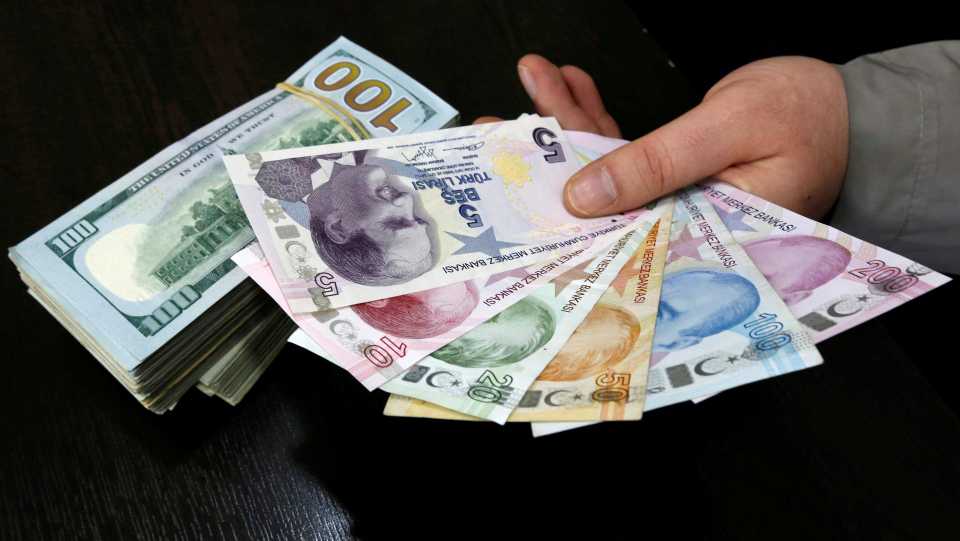
The Justice and Development (AK) Party government has announced a package of economic measures in the run-up to the parliamentary and presidential elections on June 24 in order to decrease the budget deficit and currency fluctuations.
Some regulations on the salaries of retired and civil servants are also in the package.
Economic and social reforms
Turkish Prime Minister Binali Yildirim announced an economic and social reforms package after a cabinet meeting on April 30.
Yildirim said the measures would cost nearly $6 billion but the benefit will be more than this, based on the payments that would be done for registering unlicensed properties, which is now a must.
The package includes premiums for civil servants and government employees, tax amnesty, exemption from taxes, bonus payments for retired people, and so on.
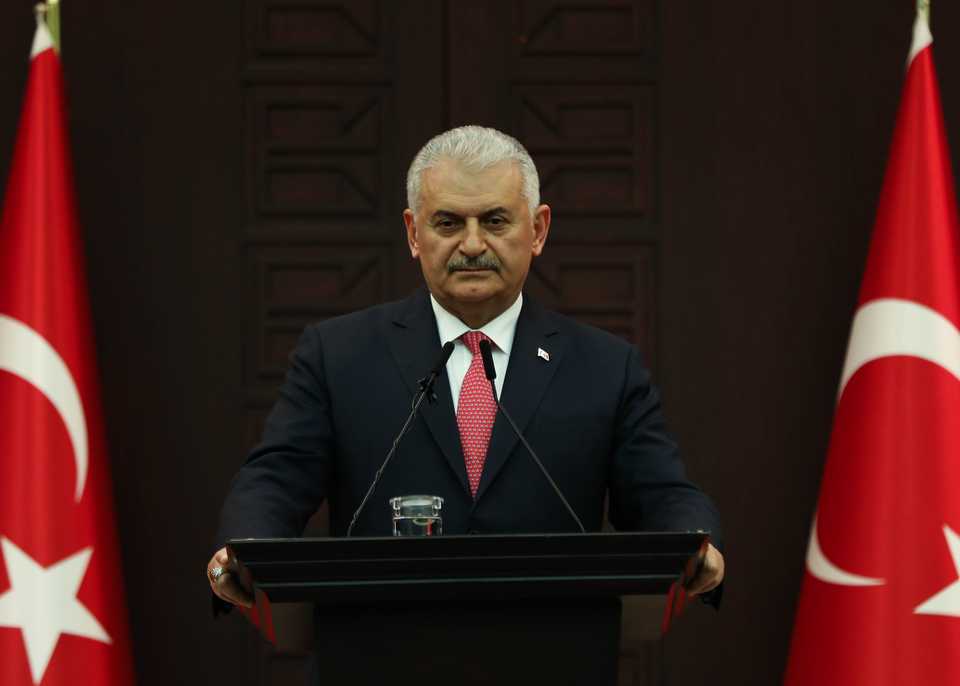
Taxpayers who haven’t paid their taxes for the last five years in a row will now be able to pay only their principal debts without any interest, if they pay in cash.
Yildirim said, ‘‘We are solving the disagreements our citizens have with public institutions regarding their tax debts through this package.”
The new reform package includes social security payments for a year up to 3 years, and tax exemption for young entrepreneurs who are between the age of 18 and 29.
Retired people will receive 1,000 Turkish lira ($220) bonus payment on each Eid holiday, first on Eid Al Fitr in June and later in the Feast of Sacrifice in August, two Islamic holidays. More than 12 million retirees will benefit.
Pensions will increase by $58 to $109 per month.
The government will also take steps towards registering more than 13 million buildings without deeds and land titles in Turkey, Yildirim said, adding that a “registration document” would be a must for registering. He said the country would gain $10,450.
Yakup Kocaman, an economics columnist at Derin Economy Magazine, believes, “The social and economic reform package announced by the government is the most comprehensive package until today.” Kocaman told TRT World that the good thing about the new package is that it’s focusing on middle and long-term economic development.
‘Zoning peace’
The government will introduce another law that offers people who have started construction without a legal license, a right to register their properties in exchange for a small amount of money.
60 percent of the total 26 million construction projects across the country are unregistered. According to the new law, people can have deeds and land titles for three percent of the total value of the properties.
Money that comes from the registrations will be used for urban transformation projects.
“Government lets more than 13 million houses and real estates have the legal basis by providing legal certificates to their owners,” Kocaman said. “The certificates for the construction might serve in an unexpected way for economic development. Nearly 13 million buildings are not in use because they are unable to circulate in the banking system or be a part of stand-by arrangements due to being illegal. Hence, these 13 million houses might make a huge contribution.”
He said that a rough long-term estimate gives us a promise of more than one trillion dollars worth of inflow to the Turkish economy. The package would help to enlarge the amount of credit available to be allocated in the Turkish banking system.
Cash repatriation law
Turkey has introduced the cash repatriation law, in an expectation for inflow of capital to the domestic economy. It will give an opportunity to Turks who want to bring their assets abroad back to Turkey, to pay only two percent tax, without any investigation of where the money came from.
Turkish Finance Minister Naci Agbal said, “We can say that the cash repatriation [law] will bring a significant mobilisation to the economy in a few months. We are expecting a good amount.”
Agbal reminded that Turkey had implemented cash repatriation laws before that helped bring billions of dollars of capital inflow in recent years.
There is no certain expectation on the possible capital inflow to Turkish financial markets.
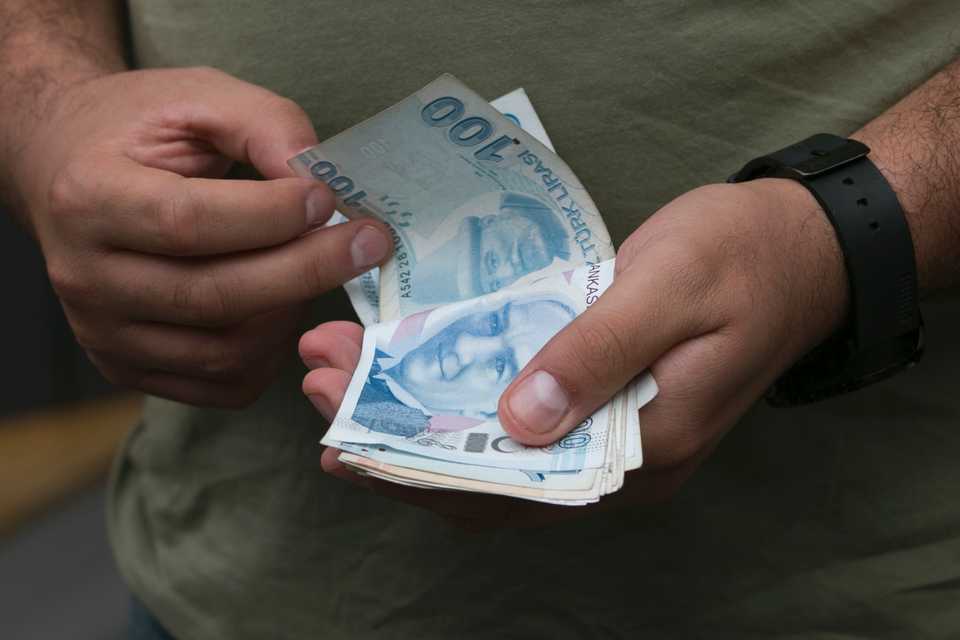
“You will see considerable economic developments after elections,” Agbal told Anadolu Agency on May 9.
Kocaman says more than $130 billion in the US markets were brought from Turkey. He adds that hundreds of thousands of dollars were also in Europe.
“It is quite possible that a substantial cash inflow will come to the country,” he told TRT World.
Turkish economy’s 7.4 percent growth
Turkey’s GDP growth figure of 7.4 percent in 2017 came above the market consensus of 7.25 percent.
Gross domestic product (GDP) expanded by 7.4 percent in 2017 compared to the previous year, the national statistics agency said, confirming the country’s status as one of the world’s fastest-growing economies.
Data from the Turkish Statistics Institute (TUIK) showed that growth was driven by the industrial services and construction sectors.
Turkish Economy Minister Nihat Zeybekci welcomed the “spectacular achievement,” saying it meant Turkey now ranked first among the G20 economies.
Turkish lira
The Turkish lira lost its value against the dollar last year. One dollar reached a record level 4.92 Turkish lira in the week of May 21, while the average dollar/lira rate was 3.65 last year.
The euro/lira rate and the British pound/Turkish lira rates also saw their all-time high, reaching above 5.70 and 6.38 respectively.
The CBRT announced that they are monitoring and intervening in the markets with a press release on May 16, saying, “The CBRT is closely monitoring the unhealthy price formations in the markets. Necessary steps will be taken also considering the impact of these developments on the inflation outlook.”
Mehmet Simsek, deputy prime minister of Turkey who is responsible for the economy, posted a Tweet saying the only viable option to go forward is a rule based on the market economy:
I still hope & believe that political pragmatism will ultimately prevail.
A rule based market economy is the only viable option going forward.
Therefore, we remain committed to a sound & prudent policy framework. The policy mix is much more likely to improve post elections. https://t.co/nhoQTVZzsx
— Mehmet Simsek (@memetsimsek) May 16, 2018
President Erdogan gave an interview to Bloomberg TV during his visit to London on May 14, talking about the new plans for Turkey’s economic development and stating that he will be more effective on economic policies if he is re-elected in the June 24 elections.
He said, “When the people fall into difficulties because of monetary policies, who are they going to hold accountable? They’ll hold the president accountable. Since they’ll ask the president about it, we have to give off the image of a president who’s influential on monetary policies.”
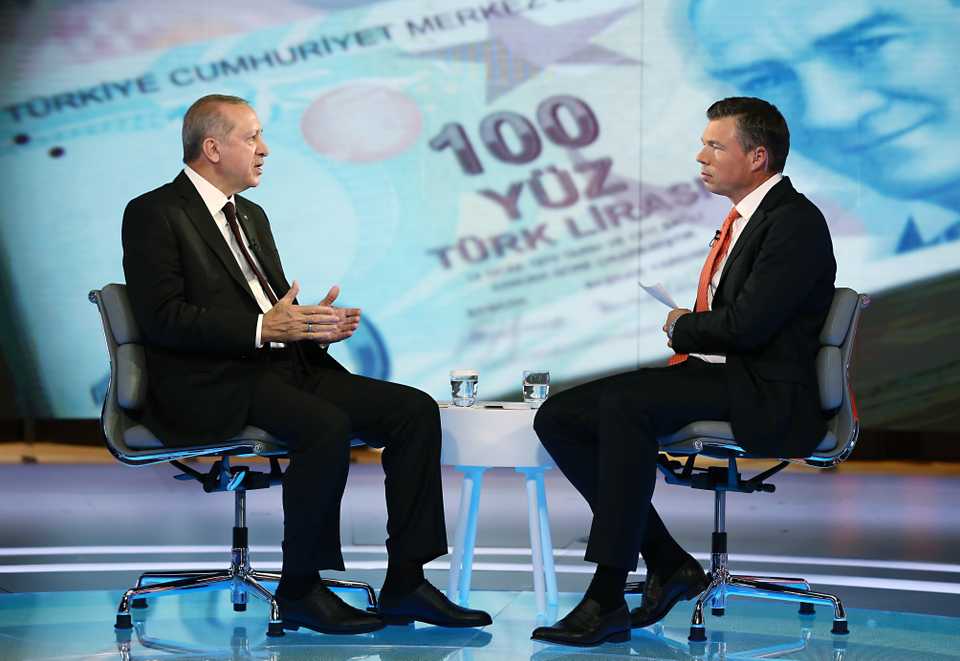
After Erdogan’s comments, Economy Minister of Turkey Nihat Zeybekci said on May 11 that Turkey was “strong” in terms of economic depth and volume.
“Turkey, with its GDP of around $900 billion, is strong in terms of economic depth and volume,” he told Anadolu Agency.
Zeybekci said Turkey had no problems in terms of overall economic balances.
“It is obvious that Turkey sustained a certain degree of damage by the movements of [global] financial markets, but no one should expect [Turkey] to be devastated, to be extremely affected in terms of economy,” he added.
Future of economy
Zeybekci also commented on future expectations, “I see the course of Turkish economy positive. Despite saying the high price of foreign currencies and private companies’ high debts in euro or dollar, debts of companies in Turkey are actually borrowed from their own money that is held abroad for the tax deduction.”
He also emphasizes that the cost of Turkish companies’ loans in foreign currency is not as scary as believed.

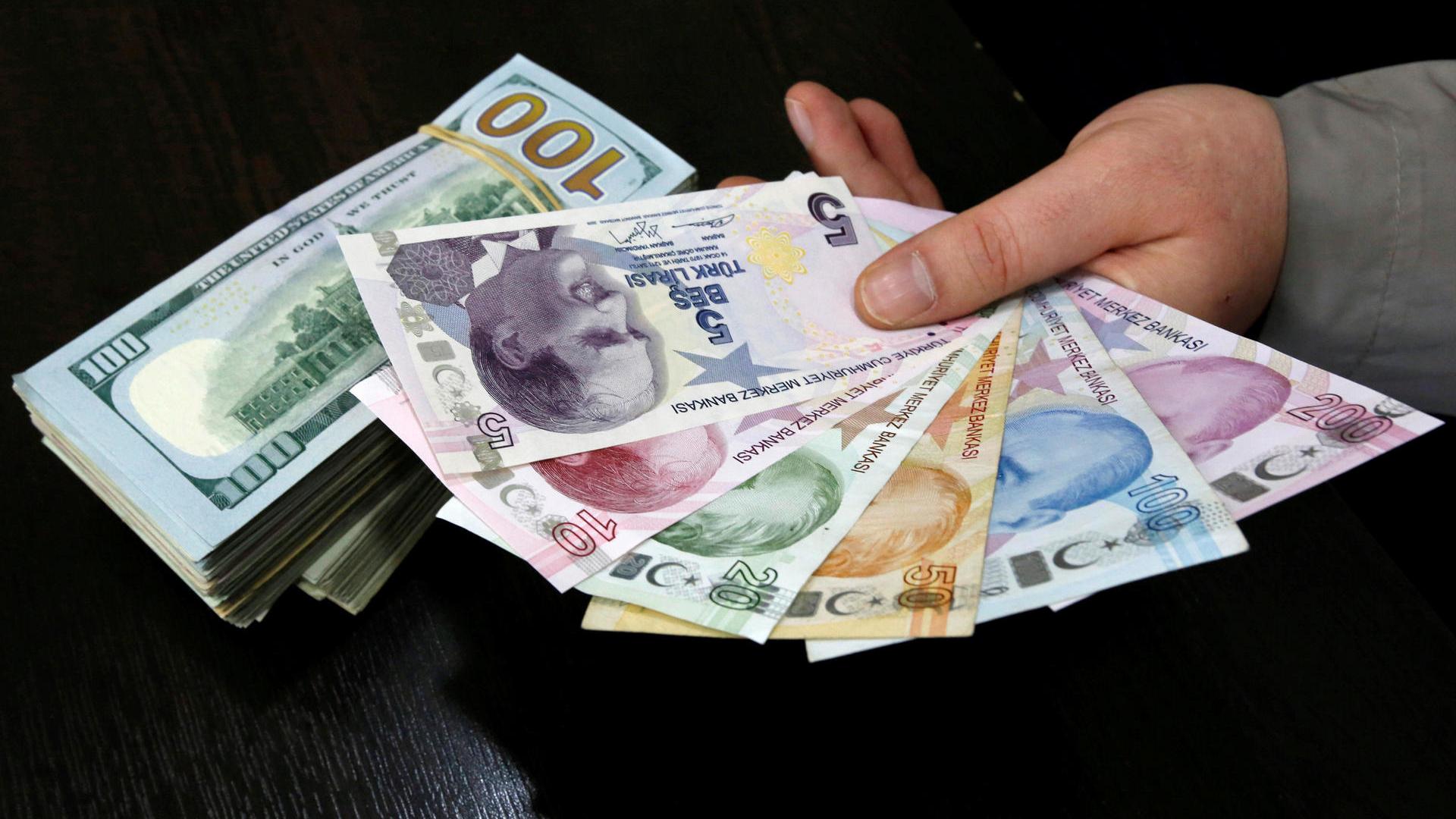








Discussion about this post